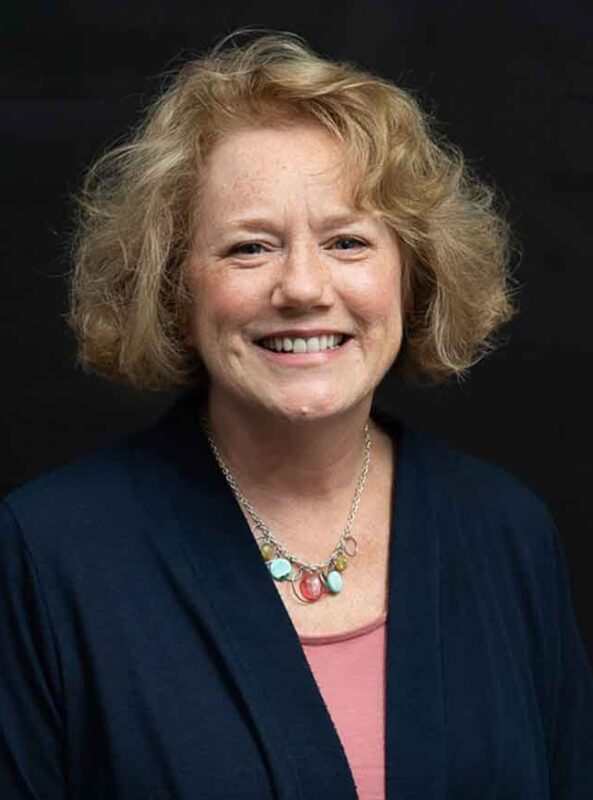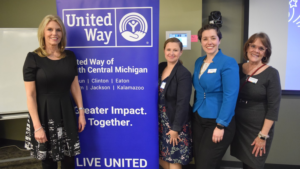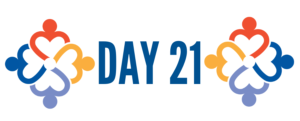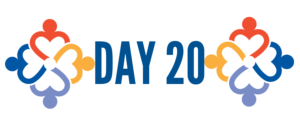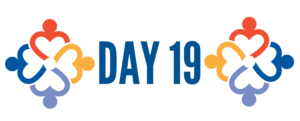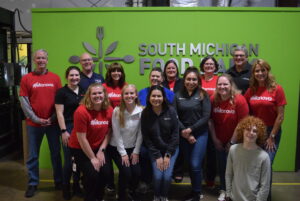A grant program unveiled last month will bring $500,000 in relief to 100 Kalamazoo microbusinesses dealing with the economic effects of the COVID-19 pandemic.
Each of the businesses will receive $5,000 through the Kalamazoo Micro-Enterprise Grants (KMEG) program, a partnership between the City of Kalamazoo and United Way of the Battle Creek and Kalamazoo Region.
“These grants will make a powerful difference for businesses that were hit especially hard by the pandemic. We’re truly grateful for this unique and special partnership with the City of Kalamazoo,” said Natalie Saucedo, Director of Individual Giving & Innovation at United Way (UWBCKR).
KMEG funding comes from a $200,000 grant from the Consumers Energy Foundation and an additional $300,000 from the City of Kalamazoo’s Foundation For Excellence. The City and United Way also collaborated on the Kalamazoo Small Business Loan Fund, a relief effort that has issued more than $1.34 million in loans to 75 local businesses so far.
Micro-enterprises, also known as microbusinesses, are very small businesses—typically 10 or fewer employees—that generate low revenue yet bring unique skills and services to the community. According to the U.S. Small Business Administration, micro-enterprises make up 74.8% of private sector employers. Many micro-enterprises are BIPOC (black, indigenous, people of color)-owned and/or women-owned. They are vital to income and wealth generation in underserved communities.
The grants aim to support community members living below the ALICE threshold, with a focus on providing support to BIPOC-owned and women- owned microbusinesses, which have experienced disproportionate effects from the pandemic. A review committee of diverse representatives from business, financial and community groups from across Kalamazoo reviewed applications and made grant decisions. Recipients must use their grant funds within six months and report back to United Way on how the funds were used.
“We know that accessing capital is more difficult for very small businesses, though they still face all of the same challenges as any business during COVID-19,” said Antonio Mitchell, Community Investment Manager for the City of Kalamazoo. “We are grateful to have partners in our community who made the KMEG program possible, and join us in investing in these entrepreneurs and their staff.”
Entrepreneurs Make Use of Grants
Owners of microbusinesses said they would use grant monies for vital needs, including operational costs (such as rent, mortgage, utilities and other ordinary business expenses), payroll and benefit costs for employees, costs for supporting public health as business reopens, and tackling other costs from the pandemic.
“This is absolutely amazing news!” Rebecca Macleery said after learning her business, Loose Parts Studio, received a $5,000 grant.

Loose Parts Studio is an emerging creative space hosting a retail shop specializing in high-quality salvaged and “found” items intended for creative reuse, along with a community art studio and a garden cafe. Macleery was wrapping up renovations and was poised to open when COVID-19 hit.
“This grant provides critical funding to get back on track to opening so that my dream can be realized and so the community has a space in which people can create, exchange ideas, take refuge and inspire one another,” Macleery said.
Ciji Gamble, owner and licensed professional counselor at Maternal Counseling Services, PLLC, struggled to provide services when the pandemic struck. MCS offers women’s mental health services, postpartum mental wellness, and couples counseling.
“The shelter-in-place order and COVID-19 required me to relocate all of my services online,” said Gamble. “With being a mother, in addition to a business owner, it affected my business’s direct gross income as I had to pivot to care for my family while supporting my clients. It also eliminated contractor income received, as they were no longer able to use the MCS office. This created a great economic shortfall for the business.”
“I applied to numerous grants to no avail,” she added. “Being a solo private practice owner, it felt as if ‘the little guys’ were being overlooked. I am so happy that United Way of the Battle Creek and Kalamazoo Region saw my business as one they were willing to support.”
Daarina Perry, owner of Reen’s Bling n Things, said the KMEG grant she received will be put to vital use.

“With this $5,000, I’ll be able to cover rent, utilities, buy more inventory, get a personal website for my inventory on hand, and better marketing,” Perry said. Founded in 2018, the business sells nickel- and lead-free affordable jewelry and accessories to women, men and little girls.
COVID-19 cost woman-owned landscape architects O’Boyle, Cowell, Blalock & Associates several 2020 projects due to client uncertainty, but the toughest impact was to their personal approach to landscape planning, which involves in-person design sessions. A KMEG grant allowed OCBA to purchase technology to support virtual meetings and stay connected with clients.
“I have had two occasions this week in which having a computer from which I could draw in a virtual meeting would have increased our efficiency and ability to communicate with a client effectively,” said Sandy Bliesener, President of OCBA. “It is exciting to think that very soon I and my team members will have three machines that will accommodate this need.
“This grant will allow us to continue to collaborate with our clients as we work virtually during these challenging times,” she added. “I want to extend a heartfelt thank you to those that reviewed the applications and deemed our request worthy of funding.”
For a list of grant recipients, go to changethestory.org/micro-enterprise-grants.


